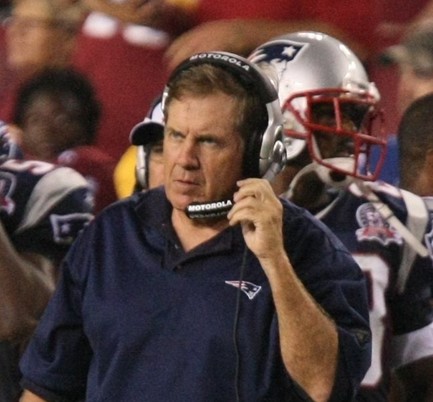In the competitive world of sports, effective leadership and team management are crucial for success both on and off the field. Coaches, general managers, and executives play pivotal roles in guiding teams to victory and fostering a culture of excellence. Mike Golub explores effective leadership styles in sports management and delves into case studies of successful management strategies.
Effective Leadership Styles in Sports Management
Transformational Leadership
Transformational leaders inspire and motivate their teams by creating a vision of success and encouraging innovation and creativity. This leadership style is characterized by enthusiasm, passion, and a commitment to the team’s goals. They often focus on personal and professional growth, fostering an environment where athletes can reach their full potential.
Phil Jackson, renowned NBA coach, is known for his transformative role as a leader. He emphasized the importance of mindfulness and team cohesion, leading the Chicago Bulls and Los Angeles Lakers to multiple championships.
Democratic Leadership
Democratic leaders involve team members in decision-making processes, fostering a sense of ownership and collaboration. This approach can lead to higher levels of engagement and satisfaction among athletes, as they feel their opinions and contributions are truly valued.
Gregg Popovich, head coach of the San Antonio Spurs, is celebrated for his democratic leadership style. He actively involves players in discussions about strategy and game plans, which has helped build a strong, cohesive team with consistent success.
Autocratic Leadership
Autocratic leaders make decisions independently and expect team members to follow instructions without input. This style can be effective in situations that require quick decision-making and clear direction, but it may also lead to lower morale if overused.
Bill Belichick, former head coach of the New England Patriots, is known for his autocratic leadership. His disciplined, no-nonsense approach has resulted in numerous Super Bowl victories, although it required a high level of discipline and commitment from his players.
Case Studies of Successful Team Management Strategies
Golden State Warriors
The Golden State Warriors’ success in the NBA is a prime example of effective team management. General Manager Bob Myers and head coach Steve Kerr have built a dynasty through a combination of strategic player acquisitions, a strong emphasis on team culture, and an innovative playing style.
Strategic Acquisitions: Myers’ ability to draft and acquire key players like Stephen Curry, Klay Thompson, and Kevin Durant has been instrumental. The team’s management focused on building a roster with complementary skills, creating a balanced and formidable lineup.
Team Culture: Kerr fostered a culture of unselfishness and teamwork. The “Strength in Numbers” mantra emphasized the importance of every player, from star athletes to bench contributors, creating a cohesive and motivated team.

Liverpool FC: The Klopp Revolution
Liverpool FC’s resurgence under Jürgen Klopp has showcased the potential impact of transformational leadership and strategic management. Klopp’s charismatic leadership and emphasis on high-energy, attacking football revitalized the team and led to multiple trophies, including the Premier League and Champions League titles.
Vision and Culture: Klopp’s vision of “heavy metal football” and his emphasis on pressing and attacking play galvanized the team and the fans. He instilled a winning mentality and fostered a strong sense of unity and purpose.
Player Development: Klopp’s focus on developing young talent such as Trent Alexander-Arnold and Andrew Robertson, alongside strategic signings like Virgil van Dijk and Alisson Becker, strengthened the squad and created a balanced team capable of competing at the highest level.
New England Patriots: Sustained Excellence
The New England Patriots’ sustained success under the leadership of Bill Belichick and owner Robert Kraft is a testament to effective team management. The team’s ability to adapt and evolve over the years has been key to maintaining their competitive edge.
Discipline and Adaptability: Belichick’s disciplined, detail-oriented approach and his ability to adapt game plans based on opponents’ strengths and weaknesses have been crucial. His focus on situational football and preparation has given the Patriots a tactical advantage numerous times.
Talent Utilization: The Patriots’ management excels at identifying and utilizing players’ strengths. Belichick’s willingness to make tough decisions, such as trading star players at the right time, has helped the team stay competitive.
Conclusion
Effective leadership and team management in sports are multifaceted, involving strategic decision-making, fostering a strong team culture, and inspiring athletes to achieve their best. Transformational, democratic, and autocratic leadership styles each have their place in sports management, depending on the context and team dynamics. Case studies from the Golden State Warriors, Liverpool FC, and the New England Patriots illustrate how different strategies and leadership styles can lead to sustained success. By understanding and implementing these principles, coaches, general managers, and executives can build winning teams and create lasting legacies in the world of sports.
